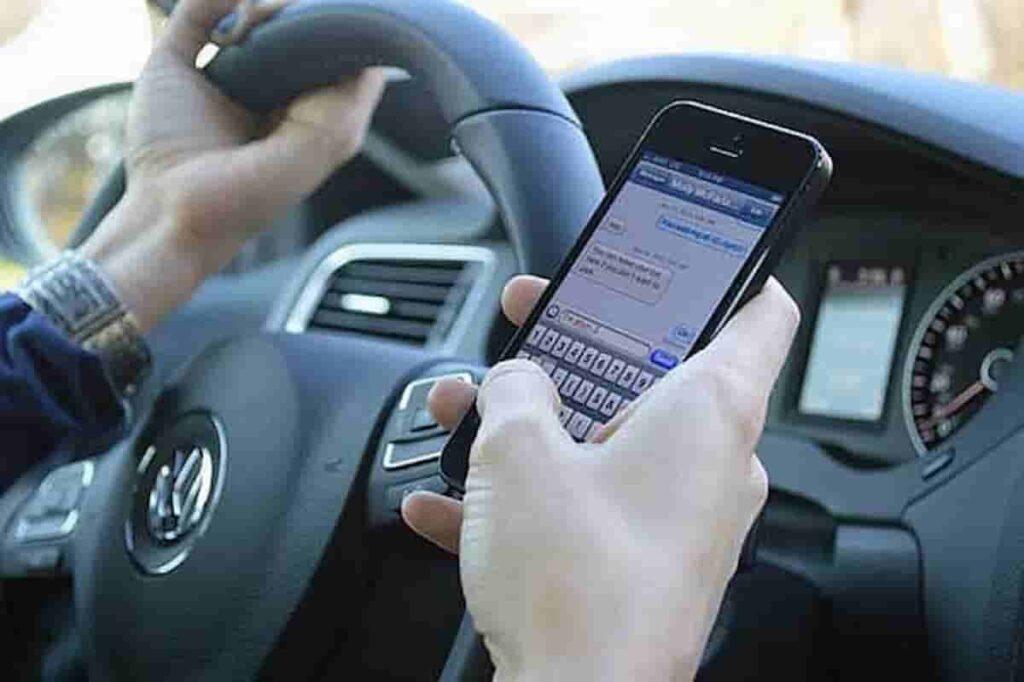What is sideloading and why is Apple opposing the law that would enforce it? In recent days you may have read a strange word in newspapers and websites, sideloading, which will enter the daily news in the coming months.
Because around this English term a very strong discussion is igniting regarding the world of technology.
What is sideloading, why is this word linked to Apple and read more and more often?
Sideloading refers to the possibility of installing applications on iPhone and iPad without going through the official App Store of Apple. Currently, without altering the software of the devices in a rather complex way, it is impossible to download programs on Apple smartphones and tablets without using the official ways.
The new Digital Market Act, under discussion in the European Commission, would require Apple to allow the installation of applications and services without using the filter created by the App Store. Together with MisterGadget.Tech we try to understand why the theme is growing all over Europe and why sideloading can be a risk for Apple users.
How it works today with iPhone and iPad
Today, however, anyone who wants to distribute an application on the iPhone or iPad must submit their title to the control and evaluation of the Cupertino company, which it then takes care of its diffusion, collecting a commission if it is a paid program or game.
Even any purchases made within the app go through the channels of Apple itself, which always retains a percentage of the transactions. For developers there is an annual cost to bear, in addition to the percentages to be recognized, but for users there are numerous undoubted advantages.
For an application to be included in the App Store, it must meet strict security requirements, it cannot contain malicious content and must comply with very clear rules on privacy and tracking of user data.

This filter, in addition to being very useful for avoiding risks in the use of smartphones and tablets, is also very effective in blocking scam attempts. In 2020 alone, the App Store blocked more than $1.5 billion in suspicious transactions that allegedly harmed users by stealing popular apps or cloning them.
The opinion of the experts on Sideloading
The smartphone and the tablet that we carry in our pockets today are a real mine of confidential information, which can represent a real wealth for those who should get hold of it. Think of credit card data, access to smart home services, video streams from security cameras, but also health information such as the recently created digital vaccination certificates for COVID.
Cybersecurity experts of the European Union and those of the American government have always recommended the use of certified platforms and under the full control of a single entity, such as the Apple App Store, to avoid the risk of scams, attacks malware and data theft to less experienced users.
It is singular how, on the one hand, the institutions recommend very strict management of applications and a strict screening of IT risks, on the other hand, the same institutions push in the opposite direction.
Why does someone want sideloading?
The issue is not simple and started from the complaint of giants such as Spotify or Netflix, which have repeatedly shown their opposition to the idea of recognizing a percentage to Apple for transactions that are made through the App Store.
However, it must be said that these percentages are only withheld when a user subscribes through the App Store itself: if you activate a Netflix subscription on the internet and then download the app on your iPhone, nothing is owed to Apple.
Many have addressed this issue by talking about users' freedom of choice, but when there are 4.2 million applications in the App Store, what restrictions can we talk about? The truth is that those who stir the waters the most on this issue are those with an economic interest, because on the developer front Apple has already taken an important step by significantly reducing sales commissions.
The problem is that accepting this kind of instances would eliminate all the controls on the applications which today are carried out in a meticulous and also very effective way by Apple. It would be enough to think of the clubhouse application, which for a few months was only available on the iPhone; at that time the various Android application stores were infested with fake versions of the program, the purpose of which was to steal user data.
There's probably an important issue to address related to the fees that large tech vendors charge developers, but it's a completely different topic than the liberalization required through sideloading.
With this practice, parental filters are eliminated, there are no guarantees on any out-of-control expenses made by minors, there are no certainties on what the applications actually do inside a smartphone or tablet and what data users are used. For the benefit of a few strong subjects, there is the risk of ruining a safe ecosystem, created above all to facilitate those who are not experts and for the protection of minors.
This topic should be kept separate and distinct from commissions on app sales and transactions within apps. On this front, in all transparency, a discussion table to find a solution that intertwines everyone's interests is desirable, probably a solution will only be found thanks to the intervention of the authorities.
The topic is not simple, it probably has little appeal, but it concerns the safety of all of us, especially those who have children, or people less experienced in the use of devices, who represent the majority of those who own a iPhone or an iPad.
Apple has published a document in which it explains in depth why sideloading is a dangerous practice and would be harmful to users, if you have a few minutes of time, it is worth reading to get a complete picture of the matter.
